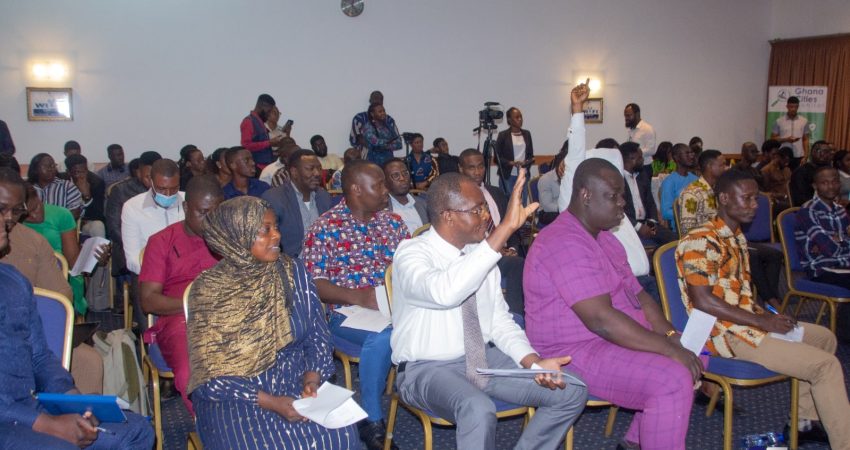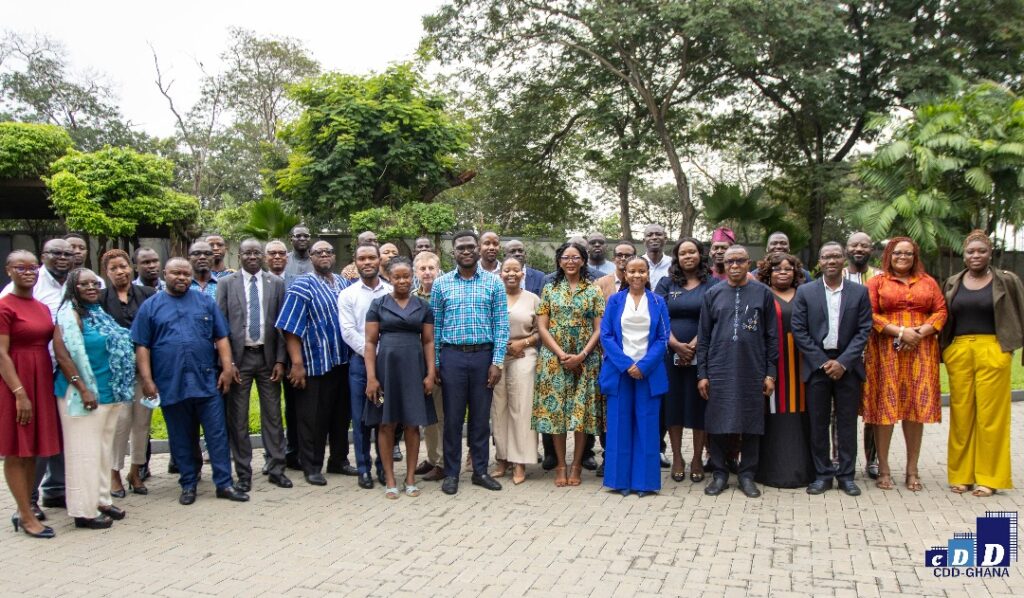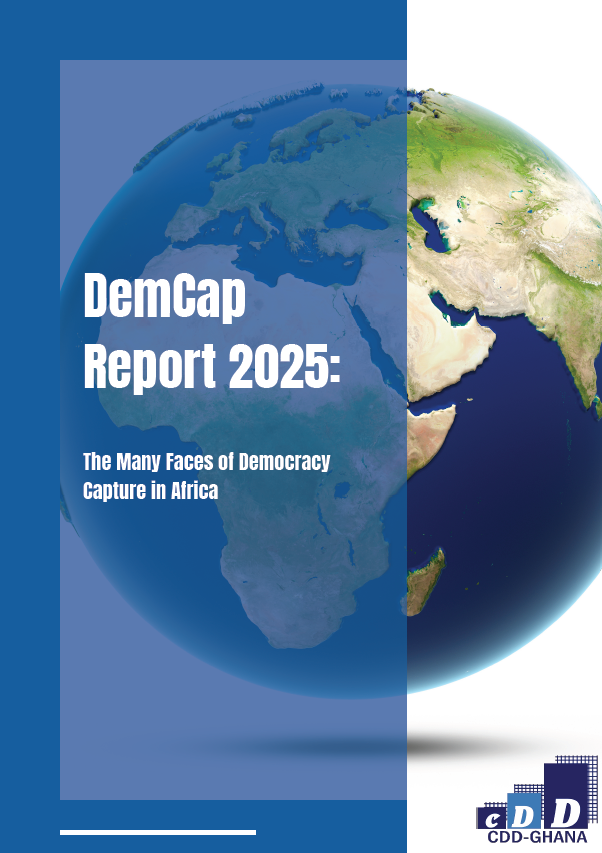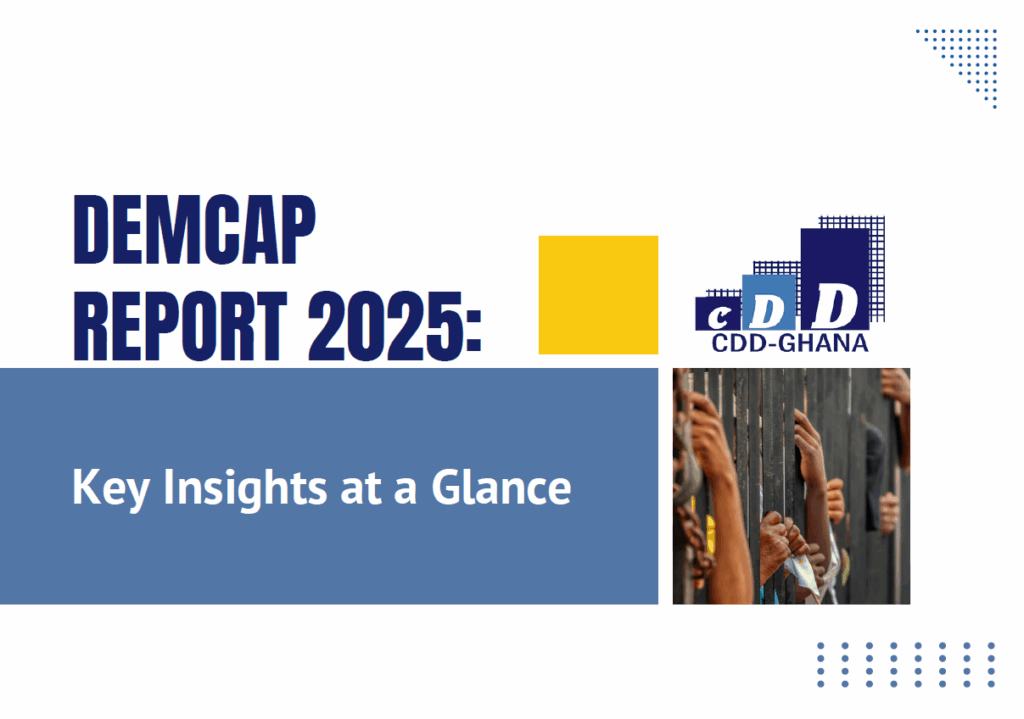CDD-Ghana has initiated the Ghana Cities Monitor (GCM) with support from the Hewlett Foundation, to provide comprehensive, reliable, and timely citizen experiential data on a wide array of services and infrastructure that affect the quality of life within Ghanaian cities. The GCM aims to strengthen evidence-driven decision-making and augment existing opportunities for public participation and accountability in the governance of the cities.
The maiden edition of the GCM involves 23 cities including the three largest metropolises and 20 municipalities in Ghana’s Greater Accra, Ashanti, and Northern regions. The GCM was developed using a total of six (6) major components and their associated seventeen (17) sub-components, which collectively had four hundred and forty-six (446) indicators. The data for the GCM was gathered through an experiential survey in urban enumeration areas (EAs) located within Accra, Kumasi, and Tamale metropolises and selected municipalities adjoining these metropolises. A total of 2400 adult Ghanaians were engaged in face-to-face interviews across 150 EAs. 100EAs were allocated to the purposively selected metropolitan areas, and the remaining 50 EAs to the randomly selected municipalities.
